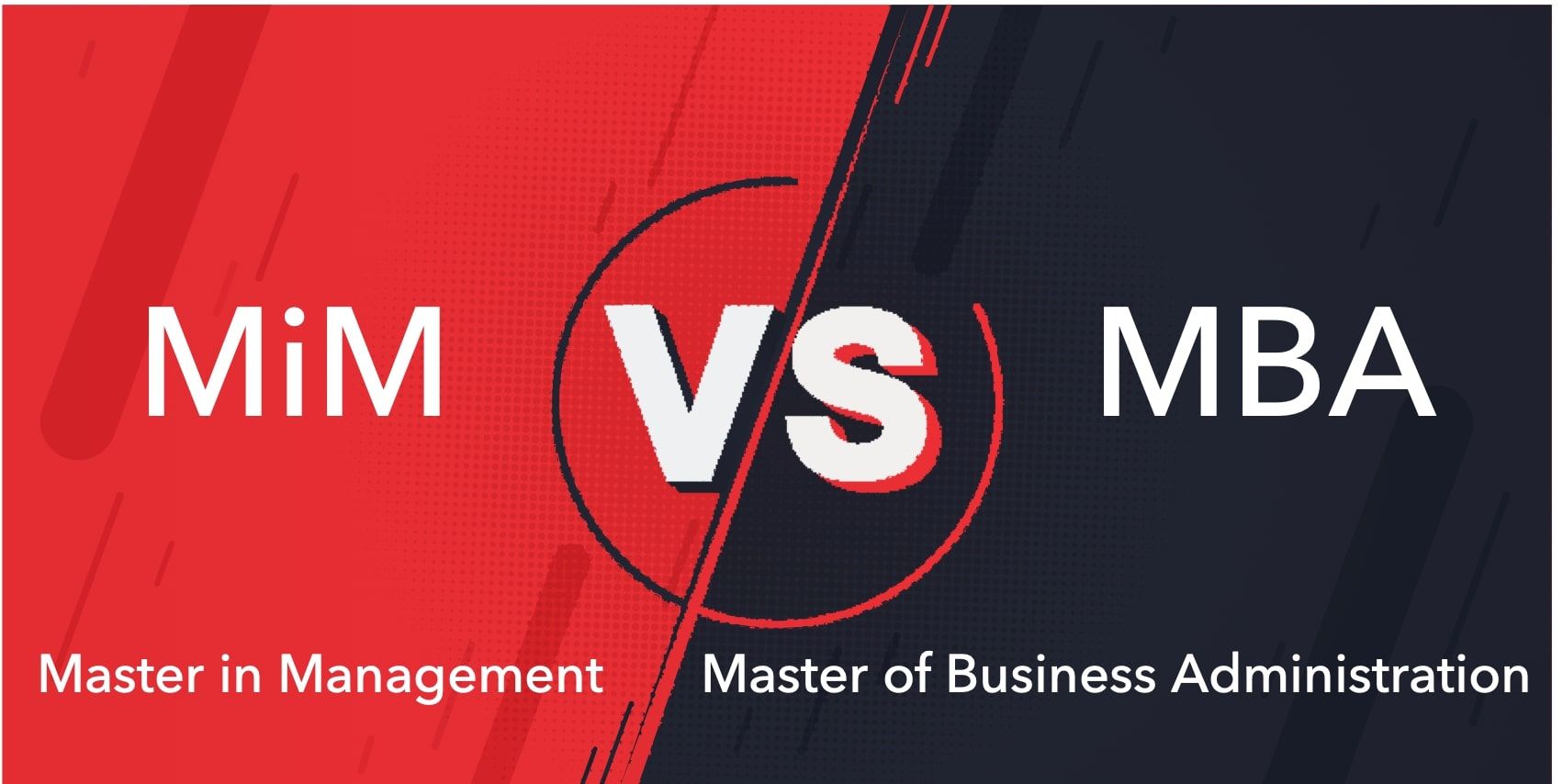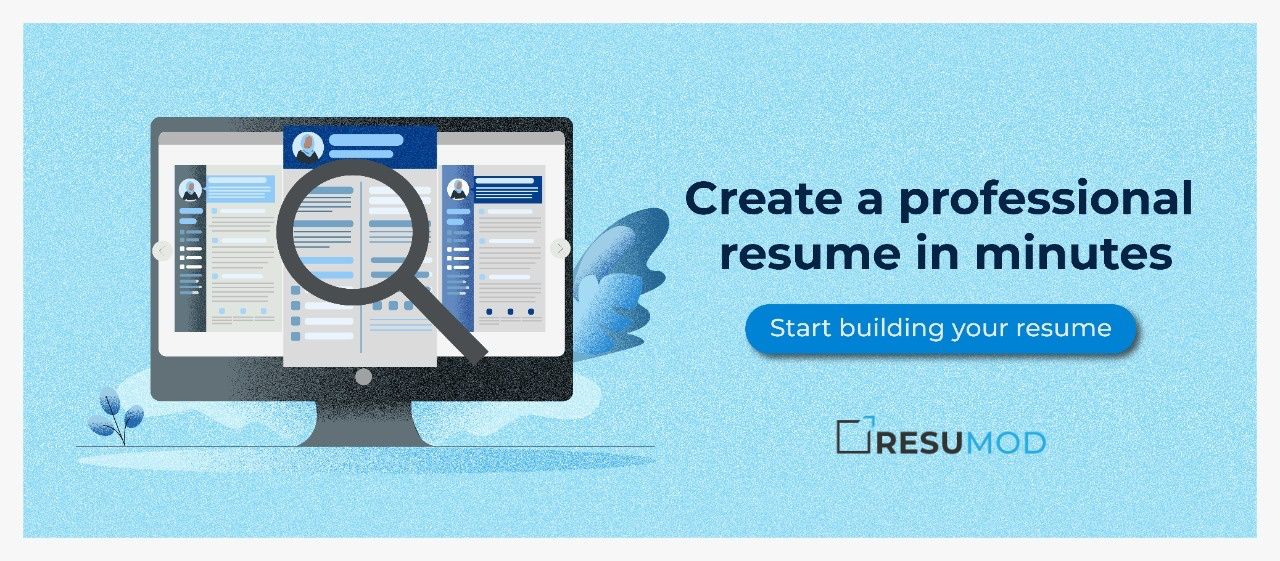MIM vs MBA: What's the right choice for your career ?
Here are a few pros and cons of choosing between MIM and MBA

When people decide to build their career in management, they go through that 'lightbulb' moment and the first idea that comes to mind is to pursue Masters in Business administration, abbreviated as MBA. Over the past decades, the MBA professional degree has earned immense respect and popularity amongst business and economics students and has also built a brand image of being the ‘ultimate goal’ that will pave the path to their dream jobs. In modern times, the hype around this degree has been so abnormally high, that even non-management student is often galvanized for changing their streams from other specializations to management so that they can do the MBA as well. Thus, as the demand for this degree rose over time, the fees for this degree increased proportionately making the MBA program almost unaffordable for a large populace of management students who may not have a very financially strong background but still desire to develop their careers in business administration. Looking at this dilemma, universities around the globe begun offering other graduate master’s degree in management, especially Masters in Management (MIM) also known as MSc. In Management.
By now, you might have some questions in your mind as to what is the difference between MIM and MBA? or what course will be better for your career?
Why should you choose MBA?
The MBA is a 1–2-year program which is an internationally recognized course that educates and provides the skills for building a professional career in business management, concerning the specialization chosen (finance, management, supply chain management etc.). pursuing the MBA program would prepare you to take up a managerial position across any industry or sector whatsoever. In an MBA course, the basic subjects that are mandatory for all programs are economics, marketing, organizational behaviour, accounts etc. which forms the roots of business management. Then, the number of subjects and credits changes as per the candidate’s selection of specialization. For instance, if the candidate chooses to move in the marketing line, then he/she will study specific courses which will prepare them for a career in the marketing division.
MBA
- Career opportunities: the MBA program is notorious as one of the most highly employable programs around the globe as this degree certifies candidates to be an expert in their selected specialization and as employers generally look for highly skilled and specialized individuals, MBA candidates are the first choice.
- No industry-related bounds: an MBA candidate can work and be employed in organizations across several industries or sectors as pursuing the course enables the candidates flexible and skilled enough to take up the managerial across any industry they desire.
- Changing careers: the MBA program is now offered by more than 2500 universities and business schools all around the world and many of them also offer a different selection criterion for potential candidates who do not have a business or economics background. Thus, if you are an engineer, doctor, painter or singer, the MBA can be your ticket to the corporate world! the main reason people choose to change their careers is the lack of job prospects and adequate pay ranges in their field of expertise which makes the MBA a perfect choice.
- Settling in a new country: moving into a new country while doing a professional degree could be a smart strategy as moving into a new country would require large financial support during shifting and settling and doing the MBA. As every country requires a minimum of 2 years residential stay, the MBA is normally offered with 1-2 years of work visa which would allow that individual to stay in that country for 3-4 years before he/she receives their permanent residency.
But…
Doing the MBA is not a walk in the park as it comes with some requirements and must-have prerequisites: -
- Work experience: outside India, business schools often require a minimum of 2 years of full-time work experience as a prerequisite for applying for the MBA program. In India, the MBA course is 2 years and does not require any work experience other than some renowned B-schools such as the Indian School of Business
- GMAT/GRE/CAT: In India, you would have to appear in the common admission test to apply for MBA programs in Indian B-schools. Abroad, potential candidates will have to sit for the GMAT/GRE which plays a pivotal role in the application of that candidate.
- Finances: as mentioned before, the MBA program is considered an expensive course. Unavailability of adequate funds could instigate you to take loans to complete your education but, taking loans is never the better option. Since loans need to be repaid in time with interest and could turn out to be a massive financial burden for you in the distant future.
Why should you choose MIM?
- Comparatively economical than the MBA: As the MIM is considerably still a new course, it is not as high priced as the MBA which has reached its saturation point in terms of demand.
- Specialized for management students: the course only permits students to do their specialization in management as it does not offer other specializations such as finances, operations, supply chain management etc. In recent times, various B-schools around the world provide masters programs for other specializations as well.
- Does not require any work experience: the course itself does not require any pre-MIM work experience as a prerequisite before admission however, any form of work experience is generally greatly accredited.
- Great when transferring careers: the candidates who are on a path for changing their careers can take up MIM instead of MBA as it is not only an inexpensive option but it welcomes individuals who do not have any prior experience in economics or management whatsoever.
But,
- Limited career prospects: as the MIM program is specialized in management, the career prospects that come with this degree is restricted to management only. This is also why students pursue executive MBA soon after their MIM course completion.
- Not as valued as MBA, yet: As it is a new program, it hasn’t yet quite gained large popularity amongst graduate students such as the MBA. However, in the long run, many sceptics believe MIM could be the better option for higher graduate studies for the individuals who want to move into the management line.
Now, looking at the pros and cons of both the programs, the last decision is completely yours as nobody knows you better than yourself. You would know what is your long-term goals and what you want to achieve and accordingly, set your path and do justice to your career. Happy learning!


